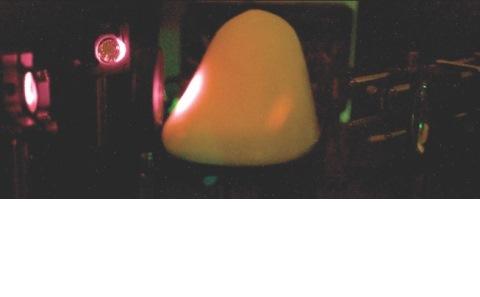Imaging Seminar Series Event

- Time:
- 16:00
- Date:
- 28 November 2013
- Venue:
- Room 1077 (Lecture Theatre A) Building 6 Highfield Campus
For more information regarding this event, please telephone Dr Sumeet Mahajan on 023 8059 3591 or email S.Mahajan@soton.ac.uk .
Event details
Focussing the power of light on cancer diagnostics: developing tools to provide minimally invasive, molecular specific disease diagnosis and monitoring
The primary requirement for successful treatment of cancer is early detection. Rapid advances in laser and detector technologies have made it possible to harness the power of light; to provide molecular and structural information on pre-cancerous tissues from a patient in real-time. This can be achieved in or near the patient during endoscopy, surgery or in the clinic. Biophotonic techniques have demonstrated the potential to revolutionise diagnosis by providing non-destructive, objective measures of tissue disease state. In the longer term this may lead to molecular diagnosis in real-time, able to enhance the selection of personalised medical treatments. With the advent of more sensitive techniques for the detection of many neoplasias, the most important clinical question is ‘Will this lesion have a clinical impact on the patient?'.
A toolbox of novel Raman spectroscopy techniques, likely to have an impact in the in vivo and near patient environment will be outlined in this talk. They will include endoscopic and needle Raman probes for minimally invasive sampling of disease specific signals; deep Raman techniques for enhanced breast screening and tumour margin analysis and surface enhanced spatially offset Raman spectroscopy (SESORS) for multiplexed detection of disease markers though cms of tissue.
The main focus of the talk will be the diagnosis, grading and staging of cancers, however, these techniques may be employed to solve numerous clinical needs.
Speaker information
Professor Nicholas Stone,University of Exeter,College of Engineering, Mathematics and Physical Sciences